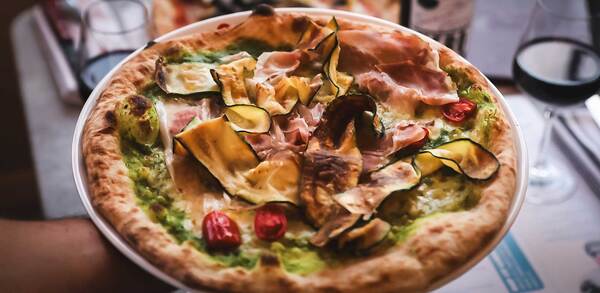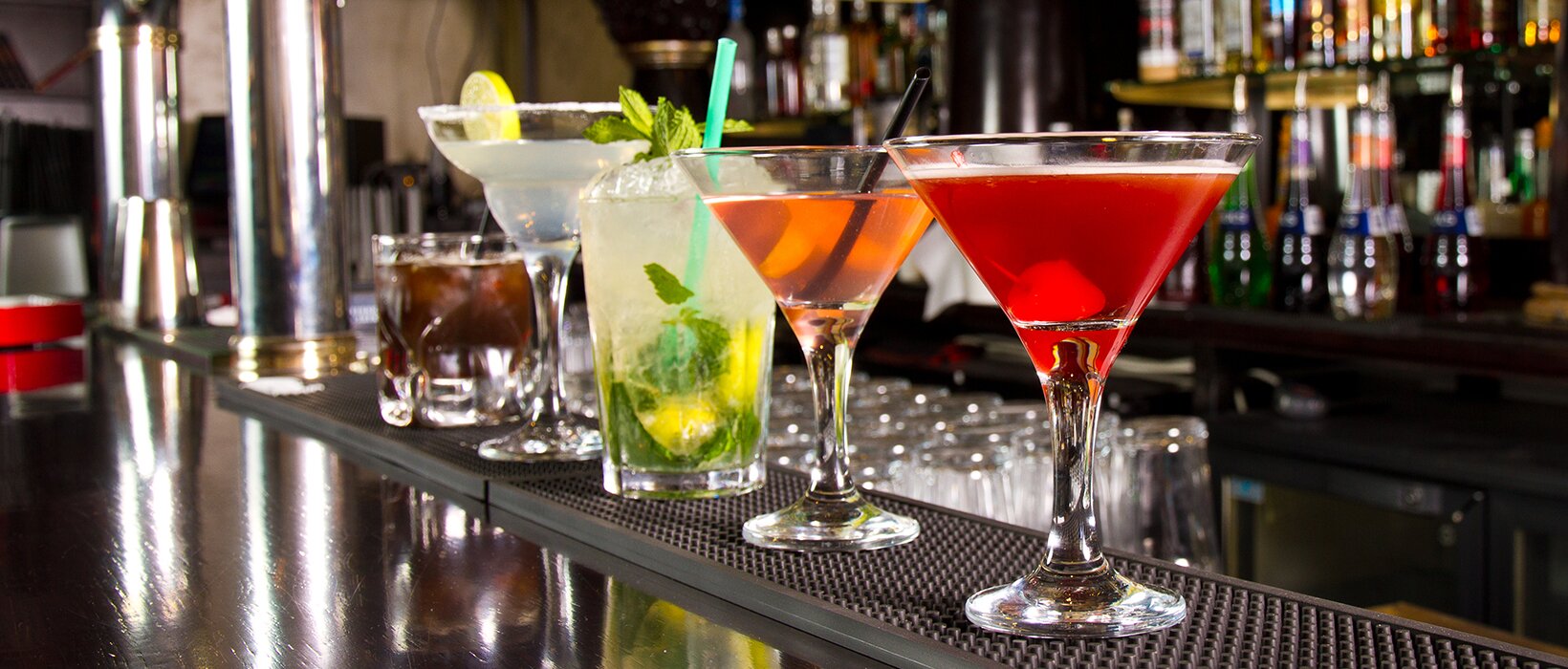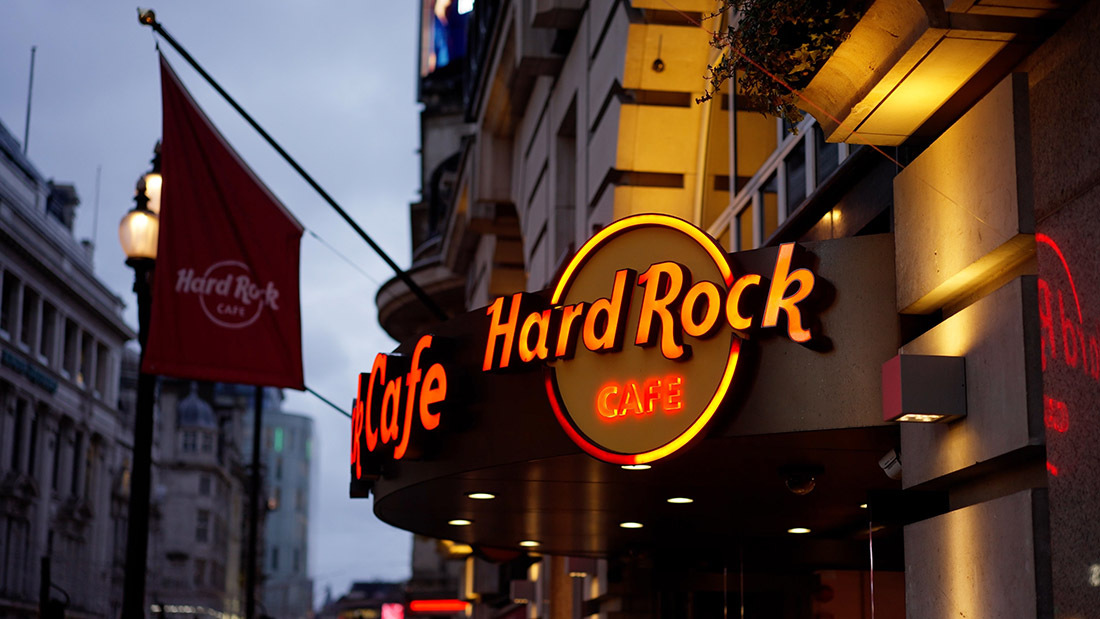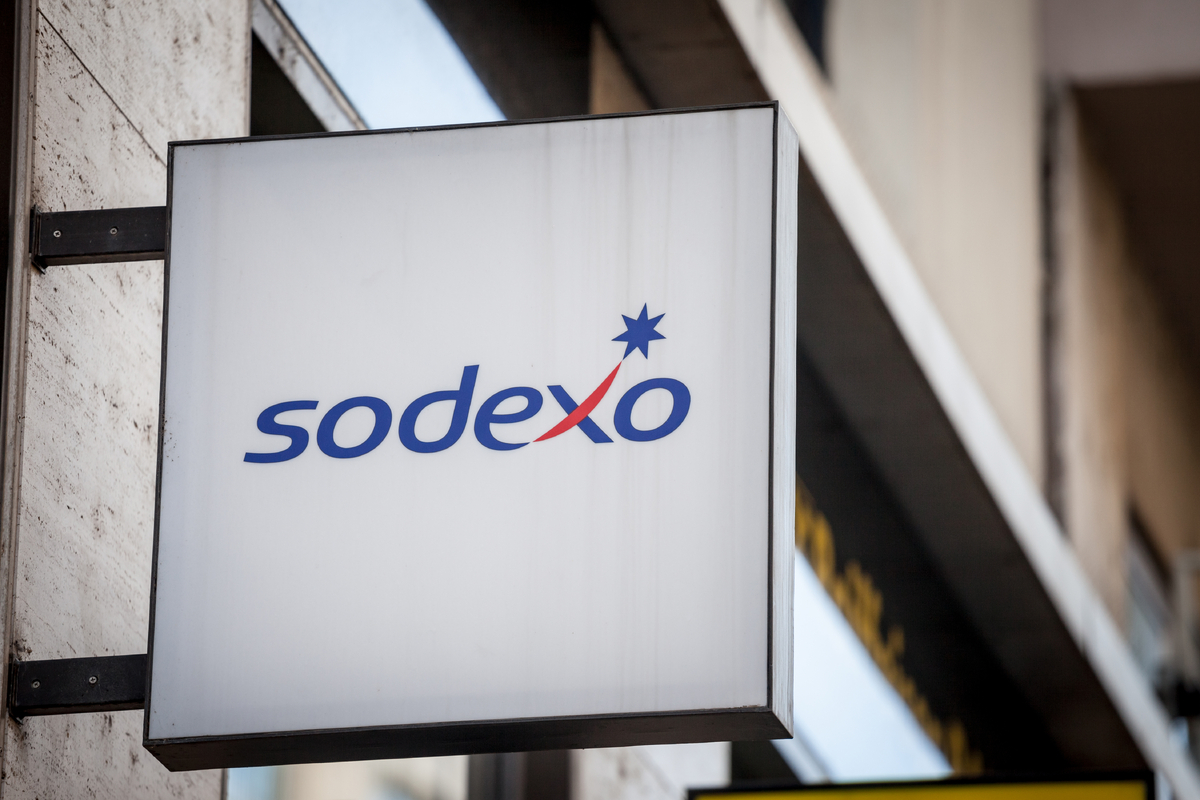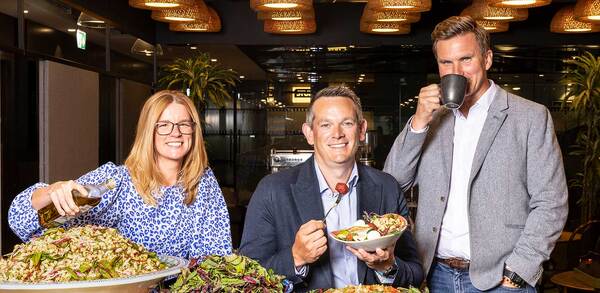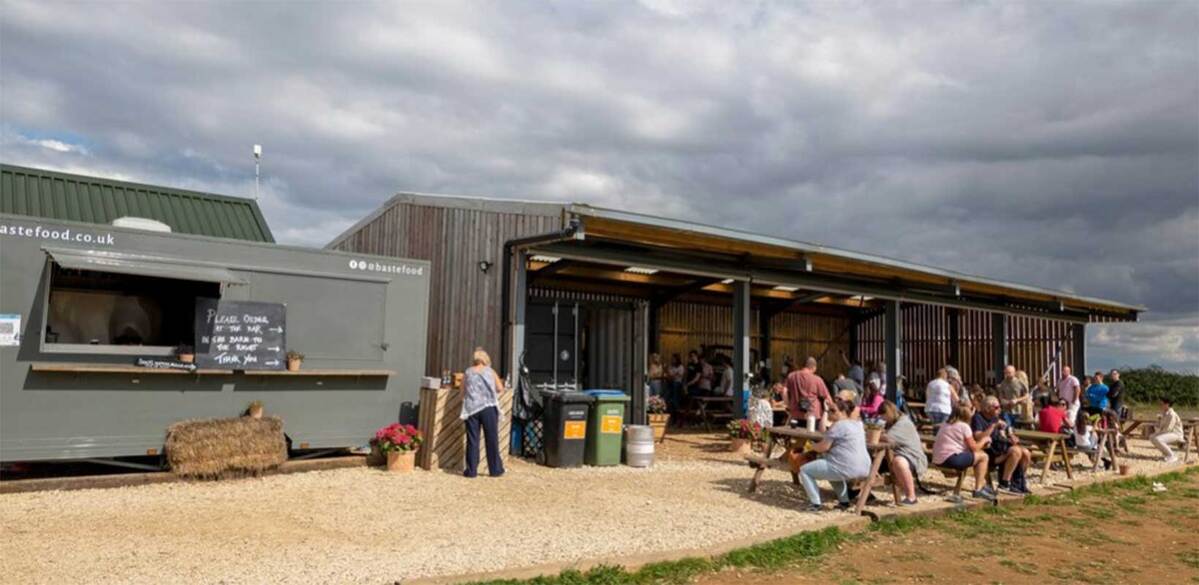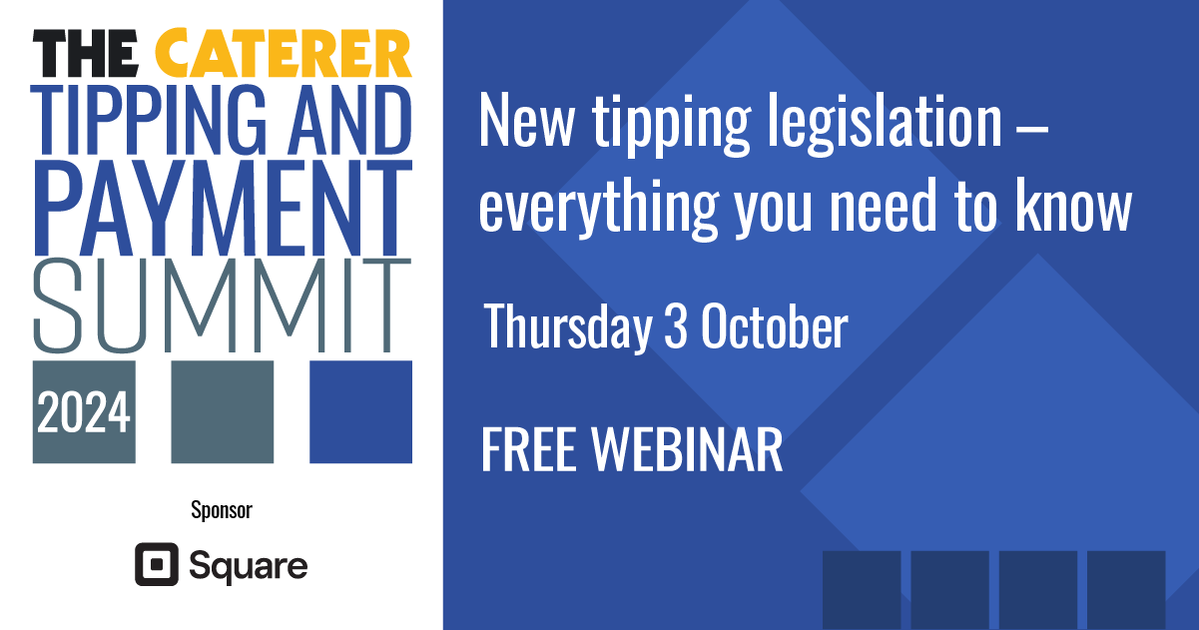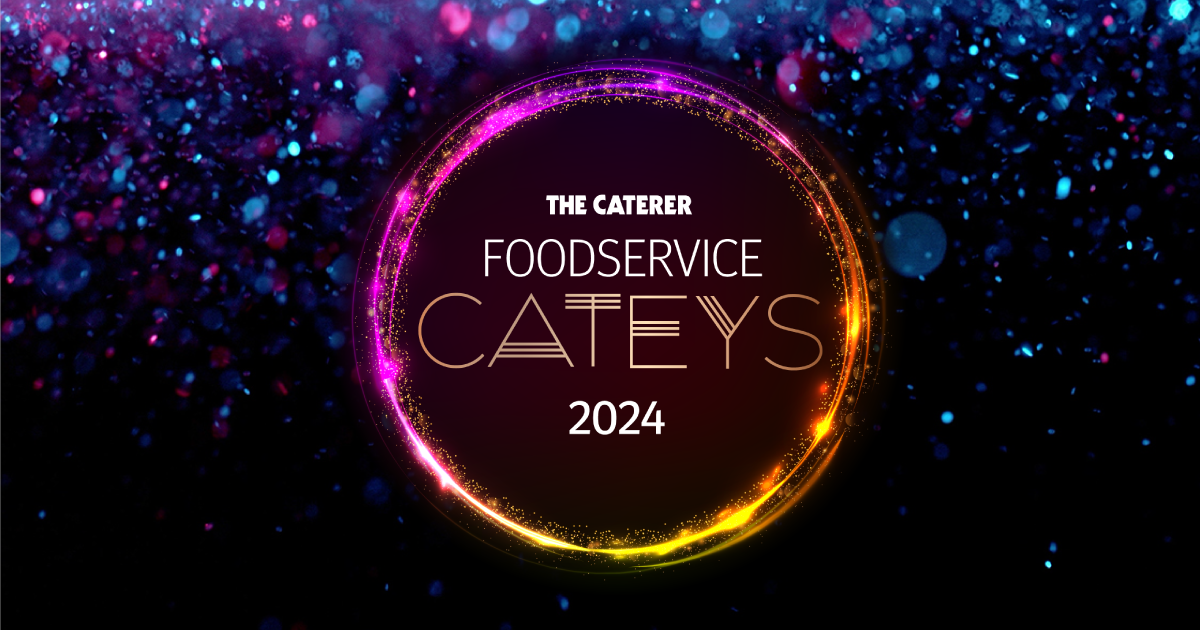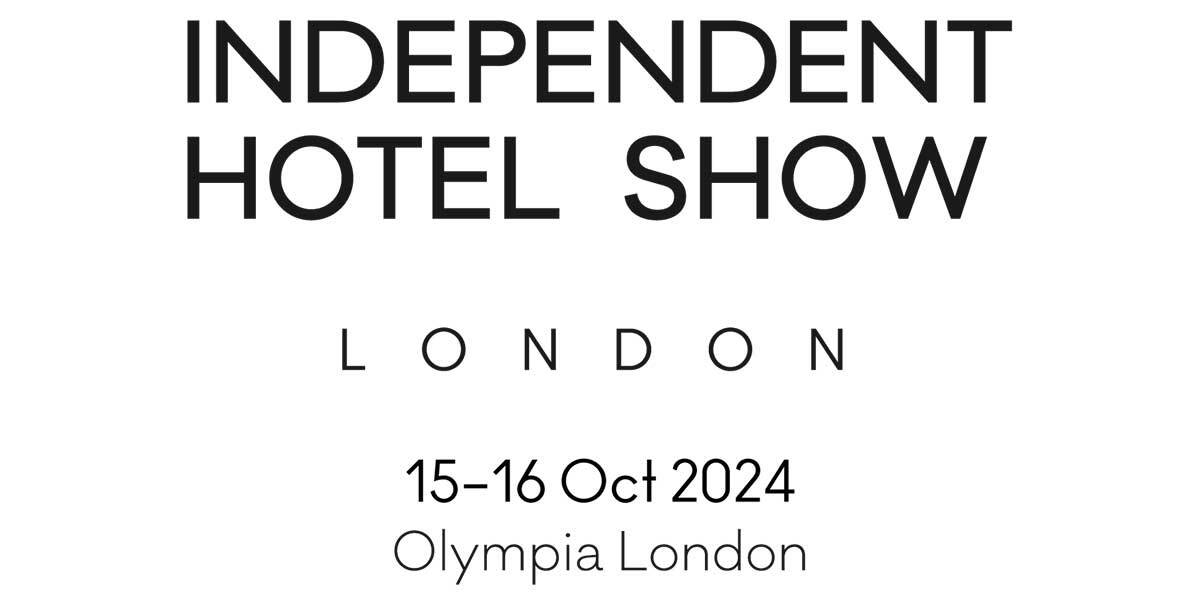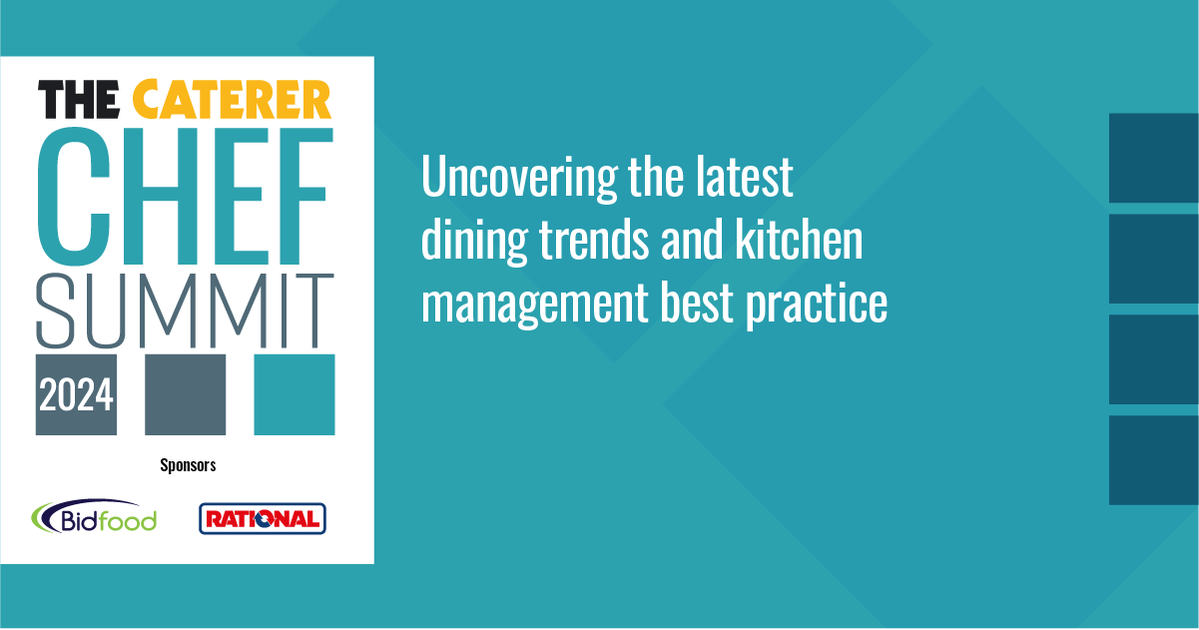How to safeguard against spiking
Drink spiking is on the rise, and venues need to create a safe space by taking action to prevent spiking from happening, says Arith Liyanage
Drink spiking is a pressing issue across the UK. According to a recent survey by YouGov, one in nine women and one in 17 men reported having had their drink spiked. There has also been a rise in injection spiking, with the National Police Chiefs’ Council documenting 274 such cases in the UK during September 2021. Spiking is a crime. In no way is the victim responsible for having their drink or their person spiked, and it is ultimately the actions of the offender that must change.
However, hospitality and entertainment venues, as well as the government and the police, have a responsibility to ensure the safety of women and anyone else who may be vulnerable or exposed to a dangerous situation while in their venues.
At the Night Owl all our staff are trained to spot signs of distress and identify if someone has been a victim of spiking, as detailed below.
Spiking signs
Nausea It is no secret that excessive consumption of alcohol can lead to vomiting, but hospitality venues should always consider the possibility that someone who is visibly nauseous or showing signs of illness may be a victim of spiking rather than overindulging.
Loss of balance Everyone should be able to stand on their own two feet. If a customer is unstable or experiencing visual difficulties, they may have been spiked.
Separation from friends More often than not, people go on a night out with their friends. If a partygoer is spotted on their own or attempting to find others, it is important that hospitality venues should step in and offer assistance in case they have been spiked.
Confusion Drink and injection spiking can lead to people behaving in what may seem an unusual way. Hospitality staff should be aware that a customer acting oddly – for example, wandering in a disorientated manner around a venue – is a key sign of spiking and should intervene accordingly.
Prevention
To create a safe space for partygoers, hospitality venues also need to take some preventative steps. These include, but are not limited to, the examples given below.
Safety schemes Hospitality venues should be aware of and take part in anti-spiking safety schemes. The Ask for Angela campaign, for example, has been a widespread success, allowing customers to discreetly signal to staff when they feel unsafe, with employees calling a taxi for them or alerting the police in emergencies.
Signage Having notices around your venue such as Don’t Leave Your Drinks Unattended ensures the safety of customers and staff, however big or small the place may be. Businesses should be telling customers that if they see anything suspicious or feel unsafe then they should contact a member of the team. Whether it’s the DJ, the door staff or the bar staff, everyone is there to help and should know that any incidents need to be escalated to a supervisor or manager.
Search on entry It is common practice for some hospitality venues – nightclubs in particular – to search people on entry. This security screen – which may involve bag inspections, body pat-downs or metal detectors – can be used to prevent drink or injection spiking in the venue.
Drink toppers and spike test strips Hospitality venues can provide their customers with anti-spiking products. Drink toppers have been successfully implemented in venues to prevent unwanted substances being added to beverages. Spike test strips are also useful, giving people the confidence to enjoy their drink.
Inclusivity There is no doubt that women are predominantly affected by spiking. This means nightclubs must continue to create safe spaces for women to enjoy music, and should pay special attention to representation within business operations.
Arith Liyanage is chief executive and founder of Northern Soul and Motown club the Night Owl


